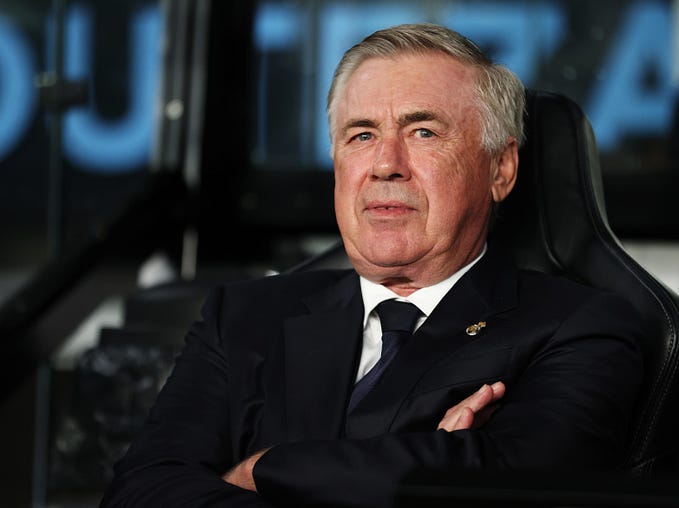
Is the Nations League Good?
The Nations League is a new UEFA competition that’s kicked off this season and will continue throughout the football season. It’s an interesting format but has been met with mixed reactions from European football fans. I want to briefly discuss some pros and cons of the competition.
It’s unique in that it is an International football competition that involves promotion and relegation from a league format. This brings a new aspect to international football that is normally limited to friendlies and tournaments where luck can be a large component.
The Nations League brings a new format and league system which seems confusing at first. This video does a decent job of explaining it.
The Nations League was created by UEFA to replace so called ‘meaningless’ friendlies. International breaks are the enemy of many top flight football fans and clubs, leaving fans to miss the thrill of watching their team compete in the Premier League and being unsure what to do with their weekend. Although Non-League day is a good initiative and alternative to promote fans to support their local clubs. A whole game-week gets pushed forward and replaced by international football games with less quality, little meaning and lack of narrative leaving fans with a feeling of mid-season blues.
As part of this new initiative, international breaks in the opening months of the season aren’t full of friendlies between sides with a mix of quality. Teams now play competitive, contested matches against teams of their level, according to the UEFA coefficient rankings.
A main sticking point for international friendlies is that they are pointless and have no narrative to really motivate fans. Whereas competitions such as the Premier League have the weekly drama of rivalries, relegation battles and title races, etc. The World Cup is the champion of football narrative with a month of football where emotion is high amongst both players and fans alike, as seen in this video.
The Nations League isn’t able to encapsulate this because the matches are stretched out over the course of a whole season (when for fans and the majority of players — club football is more important) and only one or two matches are played at a time. It’s also a new competition and doesn’t have the same magic, history and prestige of the World Cup. Nor is it in Summer, having said that neither is the next World Cup.
Adding meaning to the matches increases the quality and better prepares teams for the Euros and World Cup. It allows international teams to trial new systems and bring through young talents in a competitive environment. England played a new 433 system this week full of younger players. With talents such as Sancho and Chalobah making their debuts and other such as Mount, Chilwell and Maddison in the squad for the first time.
However, the Nations League importance is limited. It’s not big enough or well respected enough (yet) to be a true prize to care about for fans and to a lesser extent players, especially for the bigger teams anyway. For smaller teams though it is significant as it allows an alternative path to qualify for the Euros. Even one team in League D is guaranteed qualification for the Euros. This could be teams such as Macedonia, Luxembourg or Kosovo. Teams that would’t normally stand a real chance of qualifying. For example, Iceland were considered relative minnows before Euro 2016 where they were underestimated but have since enjoyed a successful World Cup and are now in League A of the Nations League. There is the worry of a decrease in the quality of teams in the Euros by making it easier to qualify. However, UEFA’s expansion of the number of teams able to qualify is more to blame.
Conclusion
Overall, the Nations League has been effective at what it was meant for. The international breaks are more interesting and have some meaning now. It has created exciting matches, such as Englands 3–2 win over Spain. Also, it will lead to smaller teams entering the Euros and has added something new to the international break that is usually unwelcome.
Thanks for reading, be sure to follow me on Twitter.







